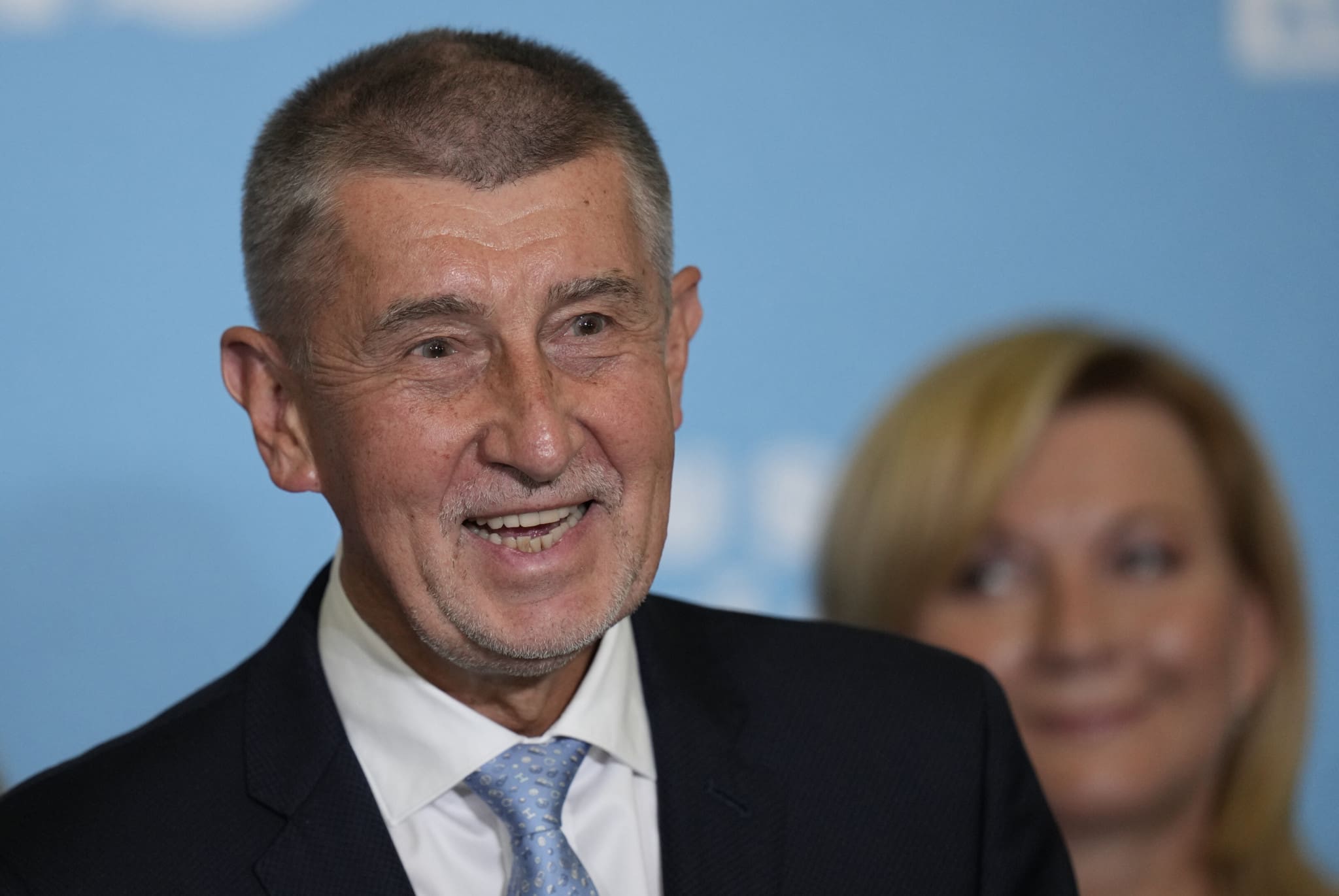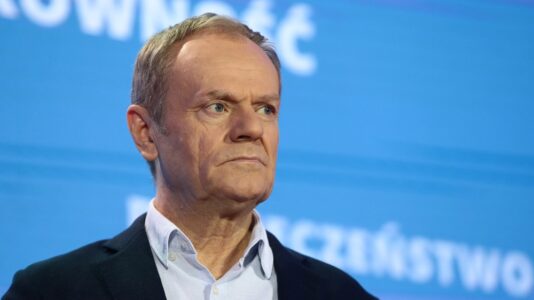Czech opposition leader Andrej Babiš has firmly ruled out forming a government with any of the parties currently in power, including the Pirates, who left the coalition last year.
Speaking on his movement’s post-election strategy ahead of parliamentary elections to be held before October, the ANO leader suggested that his party would seek to govern alone with external support rather than enter into a formal coalition.
With ANO leading the polls at 33.9 percent, according to a recent STEM survey for CNN Prima NEWS, Babiš appears confident in his party’s prospects.
“I can’t imagine anyone voting for these entities,” he said on Thursday as cited by Echo24, referring to the current governing coalition.
He also confirmed that ANO has two candidates for prime minister — himself and former Industry, Trade, and Transport Minister Karel Havlíček, and who is tasked with leading a new administration would depend on how successful the party is at the election.
If ANO secures victory in the fall, Babiš emphasized that any potential partners would need to align with the party’s key priorities. These include a pledge to cap the retirement age at 65 and legislate against any further increases; to abolish television and radio fees for public broadcasters; and to lower energy prices through a possible buyout of shareholders in the partially state-owned Czech energy giant CEZ.
Babiš stressed that these policies are non-negotiable in any post-election discussions, reinforcing ANO’s stance that coalition talks would only happen on its terms.
The former Czech prime minister remained non-committal about whether he or Havlíček would ultimately lead the government should ANO return to power. “Citizens will have their say in the elections,” he stated. However, he acknowledged that his chances of returning as prime minister would be highest if ANO governed alone with external support.
“If we had a great result and could govern with the support of someone, I would probably have the best chances,” he said. However, he admitted that a formal coalition government might make his leadership less acceptable to potential partners.
The latest polling data shows ANO’s dominant position heading into the elections.
Czechia, STEM poll:
ANO-PfE: 34%
SPOLU-ECR|EPP: 18% (-3)
STAN-EPP: 9% (+1)
SPD-ESN: 8% (-1)
Piráti-G/EFA: 7% (+1)
Stačilo!-NI: 5% (n.a.)
Auto-PfE: 5% (+1)
Přísaha-PfE: 3%
SOCDEM-S&D: 3% (+1)
Zelení-G/EFA: 2%
Pro-*: 2% (+1)
Svobodní-*: 2%
+/- vs. 31 October – 8 November 2024… pic.twitter.com/PHKG8N0zw5
— Europe Elects (@EuropeElects) January 12, 2025The main government alliance, SPOLU (ODS, KDU-ČSL, TOP 09), is polling at 18.4 percent — a notable drop from its 2021 result of 27.8 percent.
Its coalition partner STAN sits at 9.4 percent, while the Pirates, who left the government, are at 6.8 percent.
Tomio Okamura’s hard-right opposition is polling at 8.1 percent, while smaller parties like the Greens (1.9 percent), SOCDEM (2.9 percent), and Přísaha (3.0 percent) remain marginal but could play a role in negotiations.






